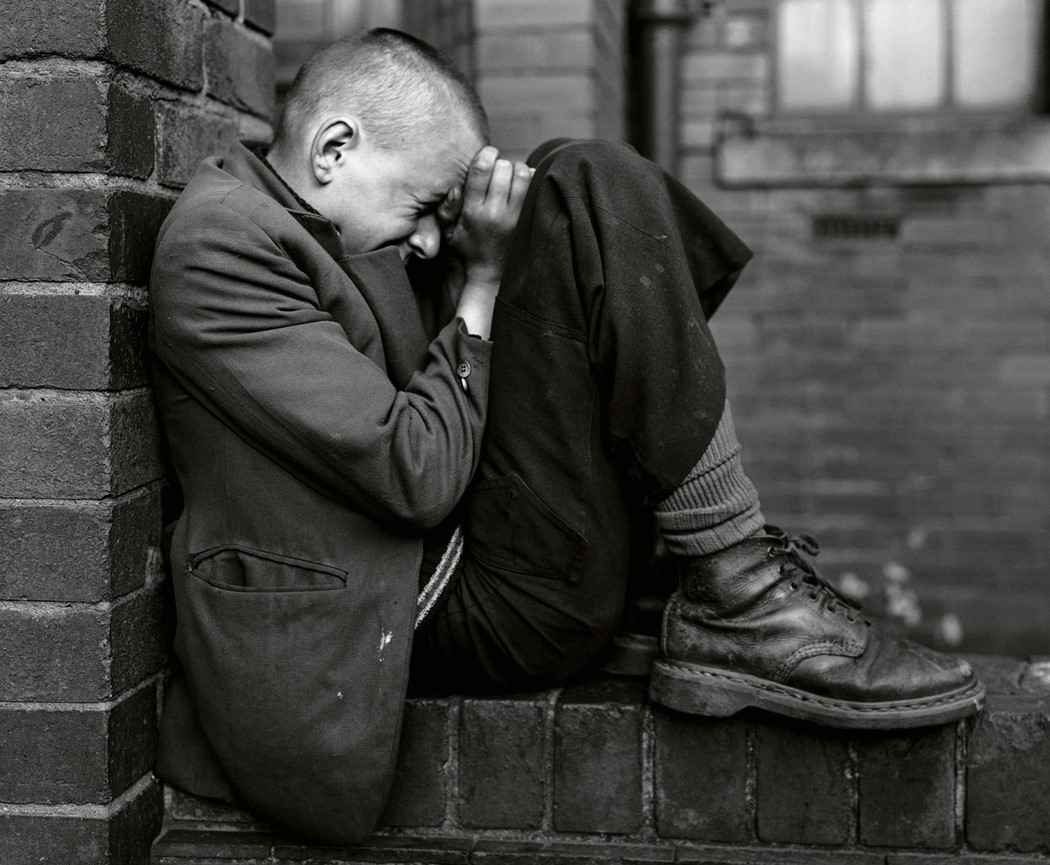“It might be more useful, if not necessarily more true, to think of photography as a narrow, deep area between the novel and film.”–Lewis Baltz
For those of us who look to photography for cultural sustenance, Thames & Hudson’s: Another Country: British Documentary Photography Since 1945 offers a sumptuous feast of British documentary photography over the last 70 years. While the iconic images may be familiar, there are many new joys to discover along the way, including the works of Vanley Burke and Roger Mayne.
With the knowledgeable guiding hand of writer, curator and photographer, Gerry Badger, Another Country takes us on a broad social, political and cultural journey from the end of the Second World War to the Covid-19 pandemic. In this foundational survey of over 160 photographers, Badger includes significant artists often excluded from the canon of British documentary photography. And in doing so, reminds us all that while the book may be a “history of British documentary photography,” who tells the story and who is included in that narrative are essential to our understanding of the history of photography in Britain.
Badger reminds us, for example, of the importance of Jewish immigrants like Stefan Lorant and other artists, who in the 1920′s and 1930′s, came to the UK and laid the foundations for a revitalization of British photography. In addition to often excluded Black British photographers, Badger includes work from other marginalized groups, including Sara Davidmann who chronicles the UK transgender and queer communities, as well as the noted photographer Sunil Gupta, who has long documented the life of gay men.
Another Country, published in association with the Martin Parr Foundation, is a foundational photobook. While the history of British documentary photography is always unfolding, and what is “art” and “documentary” are becoming one and the same, Badger’s book is a timely and welcomed arrival, guiding us into that narrow, deep area of what is “more true.” –Lane Nevares
